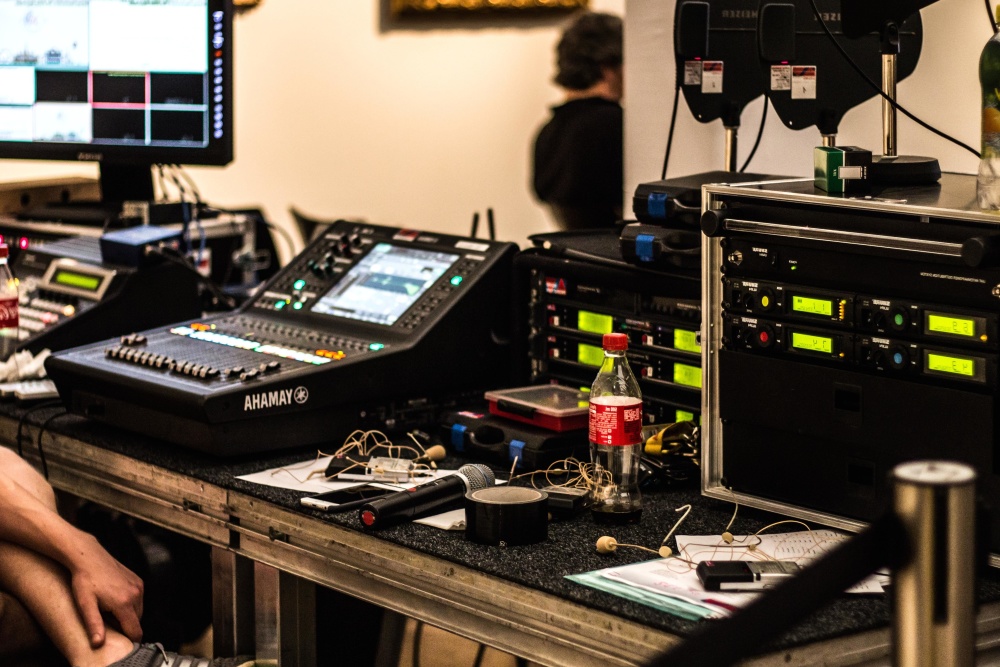I am finally working my way through Musicophilia by Oliver Sacks, about four years after I received the book as a gift. While the reading is mostly anecdotal, there are also some general ideas that I find are spot on and others that are wildly inaccurate. I’ll start with the end of the opening chapter of Part II in the book as an example of something beautifully stated.
The examples of George and Cordelia introduce a theme that will be echoed and explored in many of the clinical case histories that follow: that what one calls musicality comprises a great range of skills and receptivities, from the most elementary perceptions of pitch and tempo to the highest aspects of musical intelligence and sensibility, and that, in principle, all of these are dissociable one from another. All of us, indeed, are stronger in some aspects of musicality, weaker in others, and have some kinship to both Cordelia and George.
Sacks, Oliver. Musicophilia. Vintage Books. New York. 2008. Page 104.
As a performer, this quote is displayed day after day, sitting in colloquiums or performance classes in school, or even in a section of an orchestra. All of these highly trained and hard working people have strengths and weaknesses to their musicality. For example, one may be stunningly coordinated with their playing, but flat and uncaring with their sound, while another might have a rich, deep tone, but be unable to sight read at all.
On the other hand, in the very first page of the Preface, Sacks makes a statement that many theorists would certainly disagree with, and even fellow scientists in his field have conducted research on and found the opposite of his claim.
[Music] has no concepts, makes no propositions; it lacks images, symbols, the stuff of language. It has no power of representation. It has no relation to the world.
Ibid. Page ix.
In Aniruddh Patel’s Music, Language and the Brain, Patel devotes a significant section of the book to discussing how leitmotifs in Wagner’s Tristain und Isolde act as referential objects to characters and The Potion, essentially become specific musical symbols. The crazy thing is that Sacks has read this book and at the very least did not take the time to correct his preface in later editions.
This idea goes beyond Wagner’s attachment of leitmotifs to characters or abstract psychological concepts in his operas though, in that music can, and has referenced specific objects that are not ‘generated’ through a composer’s imagination. In Copland’s music, woodblocks are frequently used to recall and imitate a horse’s gallop, in such a way that is unmistakeable for individuals who’ve heard horses gallop and have been steeped in the ontology of ‘Americana’. For these listeners, the music does recall a specific image! Exactly the opposite of what Sacks posits in his book.
Of course there is a little philosophical issue called the intentional fallacy that impedes absolute certainty of reference in our non-discursive language of music. But music being referential as opposed to absolute is an important part of our experience. Tone poems by Strauss and Liszt wouldn’t have quite the same meaning if Don Juans weren’t romping about in our ears.


